In the second part of her self-exploratory diptych, Joanna Hogg fully realizes the Proustian implications of filming her memories. In the beginning, it seems as if the film just took off where the first one stopped, but instead of moving on with the emotional rollercoaster ride, the mourning echo of Anthony’s absence now takes over and relates all actions to the question asked at the very beginning of the first film: how to film life? How to film what really happened?
As Julia tries to cope with her life and make her graduation film about her relationship with Anthony, we rediscover cinema as a means to heal our wounds, not necessarily because everything works out, but because films and the exhausting ways of making them enable us to find new perspectives on existence. Rarely have the doubts of growing up merged so beautifully with finding one’s voice as an artist, such as in the sequences reminiscent of Hogg’s own first shorts when Julia gets lost in a Cocteau labyrinth of surreal memories and phantasies.
This expressionist outburst stands in stark contrast to the casual and tender observations across the rest of the film, but also presents us with the discovery of a language that crosses the bridge between experience and film. (Patrick Holzapfel)
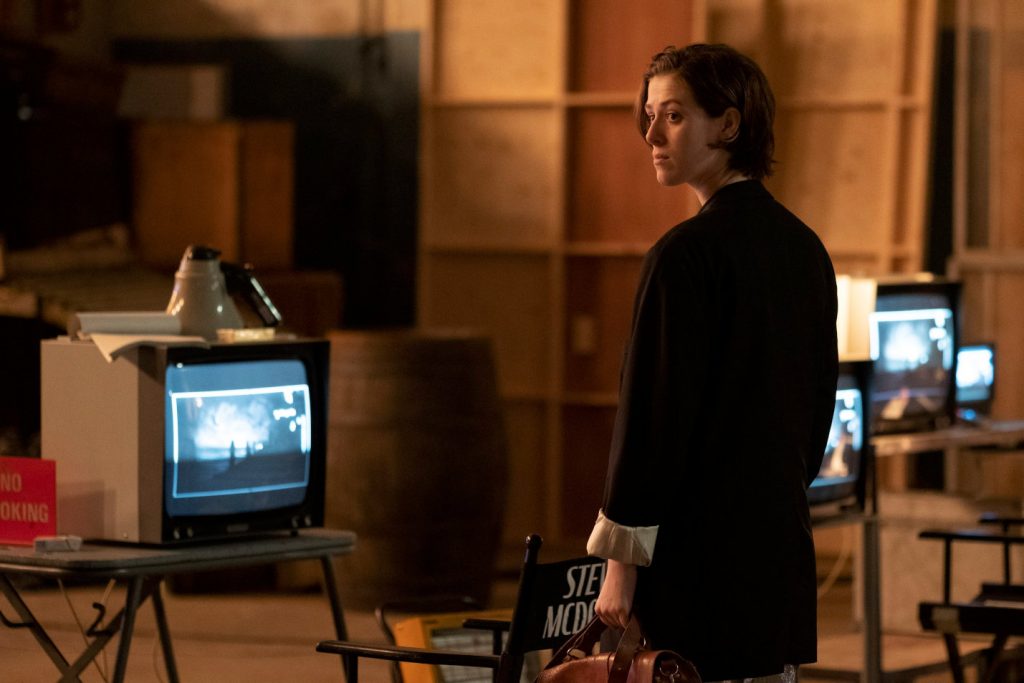
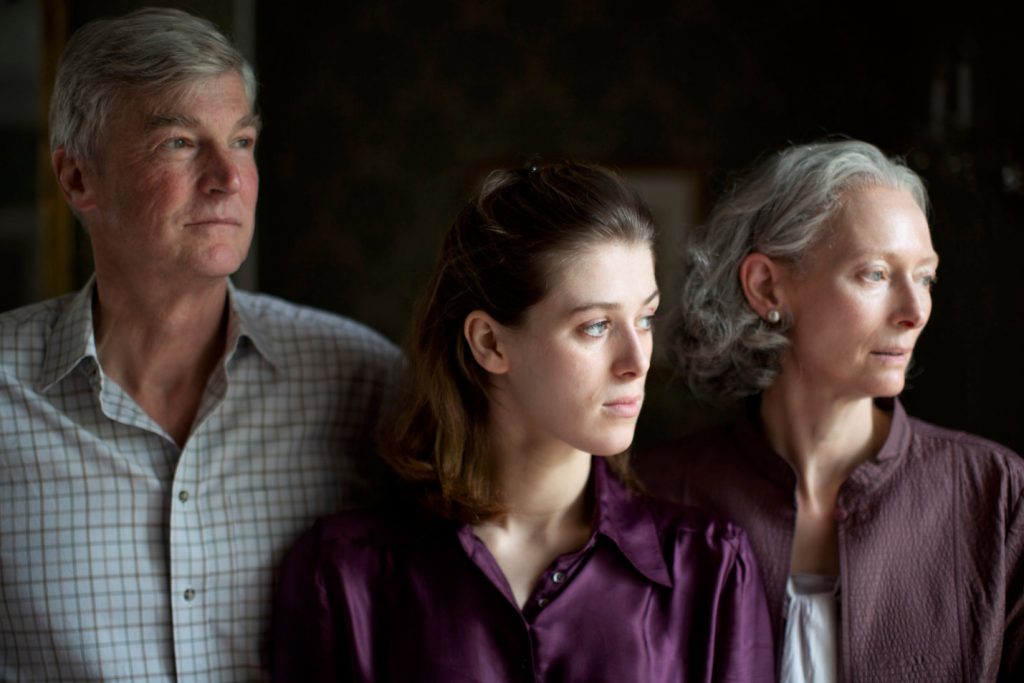
Credits:GB 2021, 107 Min., engl. OmU
Regie: Joanna Hogg
Kamera: David Raedeker
Schnitt :Helle le Fevre
Mit Honor Swinton Byrne, Tilda Swinton, James Spencer Ashworth, Alice McMillan, Oli Bauer, Ariane Labed, Richard Ayoade
nach oben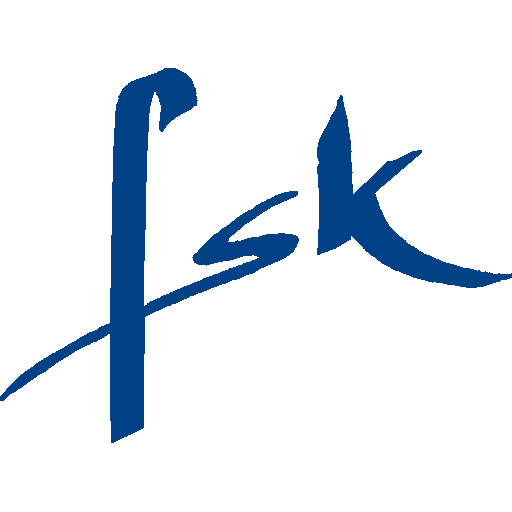
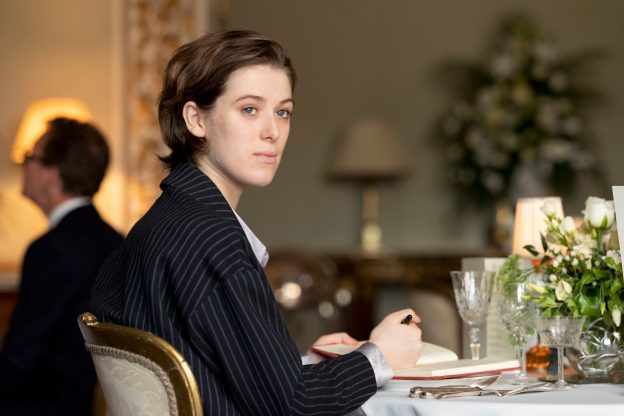
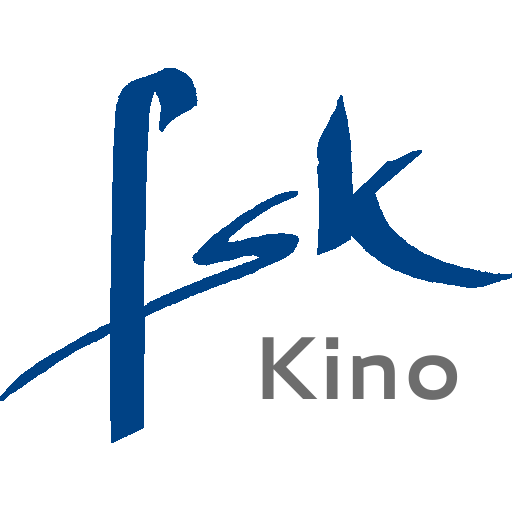

 Deutsch
Deutsch